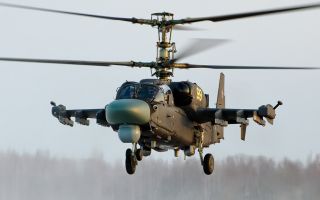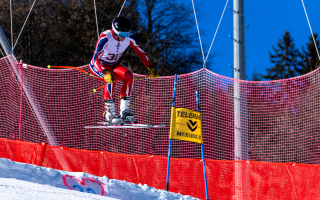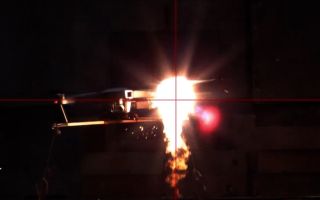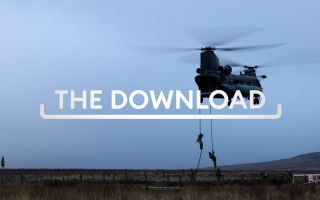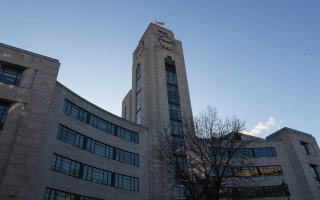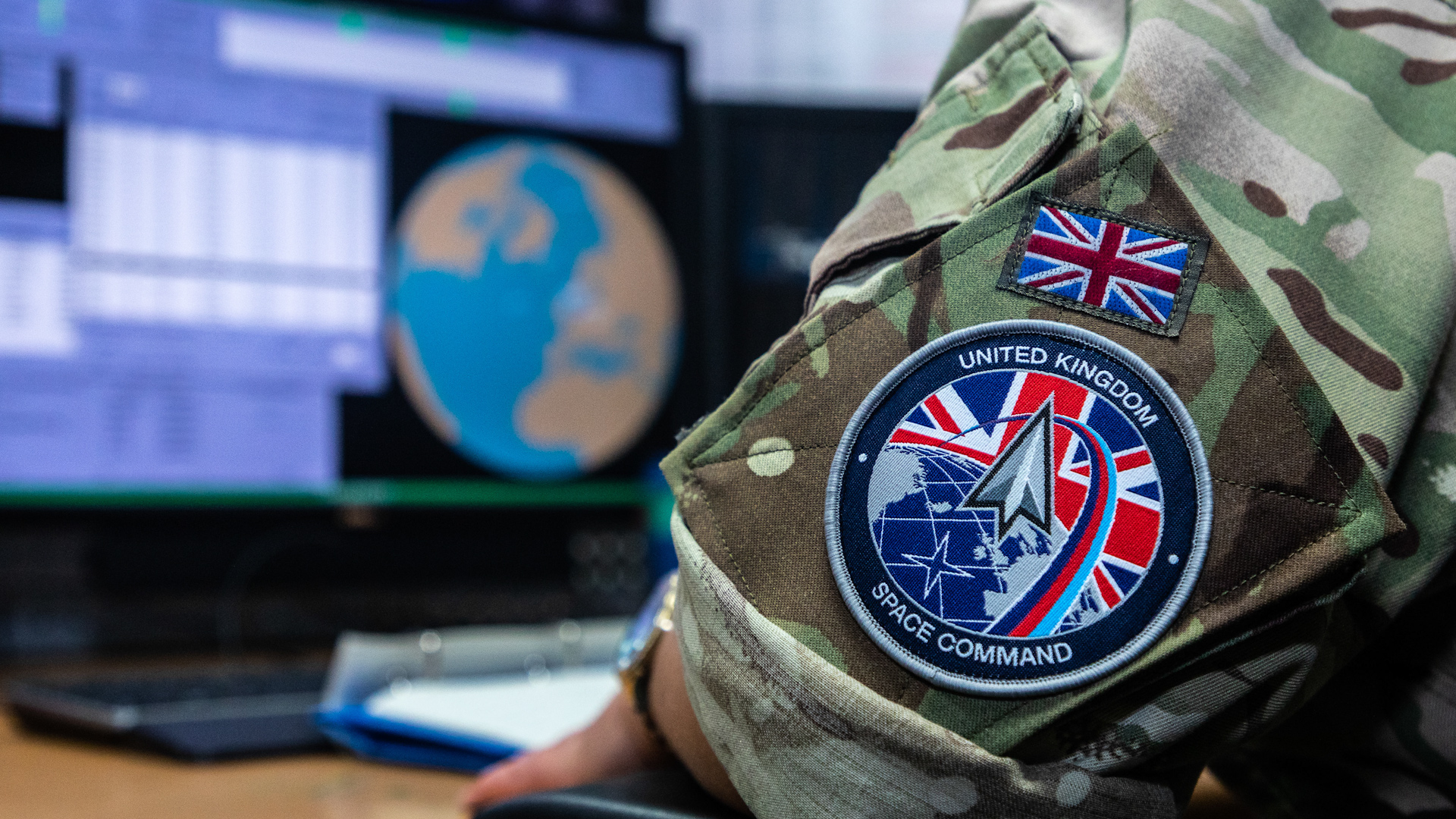
Britain set to support Nato allies by offering launch vehicles and space ports

The UK is set to help its Nato allies by letting them use British launch vehicles and space ports as the alliance works to deploy more assets into space.
Defence Secretary John Healey signed a letter of intent that will see the Nato allies working closely together on both government and commercial space launches.
As part of the Starlift programme, the UK will help develop Nato's network of space launch capabilities across the alliance.
Mr Healey said by developing such cutting-edge space technology, Nato and the UK were "setting up our Armed Forces for the battlefields of the future".
He also said Starlift would create significant opportunities for British industry.
The announcement came after Admiral Sir Keith Blount, Nato's Deputy Supreme Allied Commander Europe (Dsaceur), told the BFBS Forces News Sitrep live podcast that space was one domain that saw the alliance's members keep secrets from each other.
He explained "there are certain bits of capability that are quite siloed for various reasons", but insisted Nato allies do share as much as possible with each other.
"Nuclear capabilities would be a good example of that," he said. "So would certain aspects of cyber and now space.
"But the alliance has adapted to understand how we can leverage sovereign capabilities within an alliance wrapper in a way that does not necessarily require a nation to tell the other 31 what it's doing.
"I can't go into that in huge detail, but that's just one of the areas that the alliance has adapted to be able to bring capabilities like cyber and space closer to the more conventional capabilities."
At his first Nato defence ministerial meeting, Mr Healey also signed up to a range of multinational long-term projects, from virtual training to drone procurement.
This saw the UK sign a letter of intent to share virtual simulator training across Nato, agree the alliance will create a single test network for allies to use different munition types and participate in a project to develop cutting-edge drones.
Regarding the drones, this will see Nato work together to develop the unmanned platforms, which will carry out surveillance and strike roles.
The UK's participation also helps the Protector drone integrate into Nato's Intelligence, Surveillance and Reconnaissance Force in defence of the High North and Arctic region.
Mr Healey is also set to attend the G7 Defence Ministers meeting, hosted by the Italian Presidency of the G7 in Naples.
On the margins of the meeting, the Defence Secretary will also attend a meeting of the Global Combat Air Programme with his Italian and Japanese counterparts.

